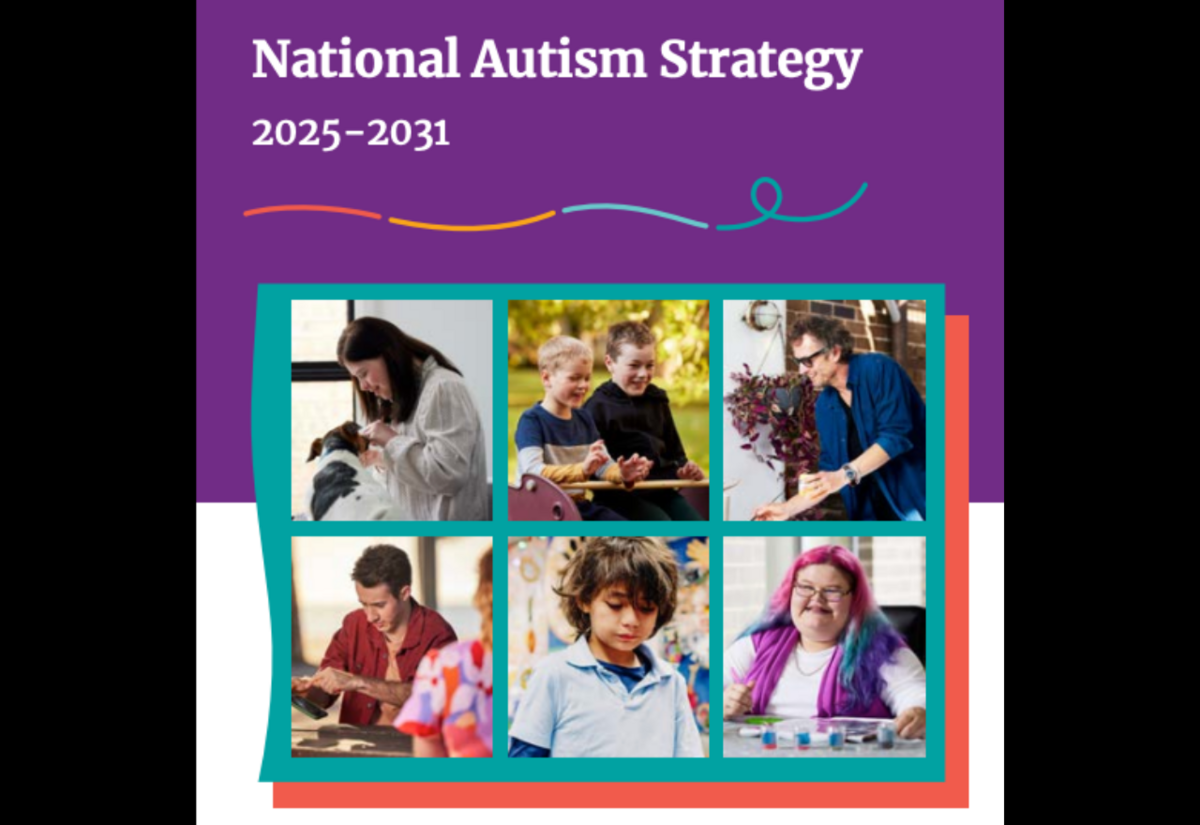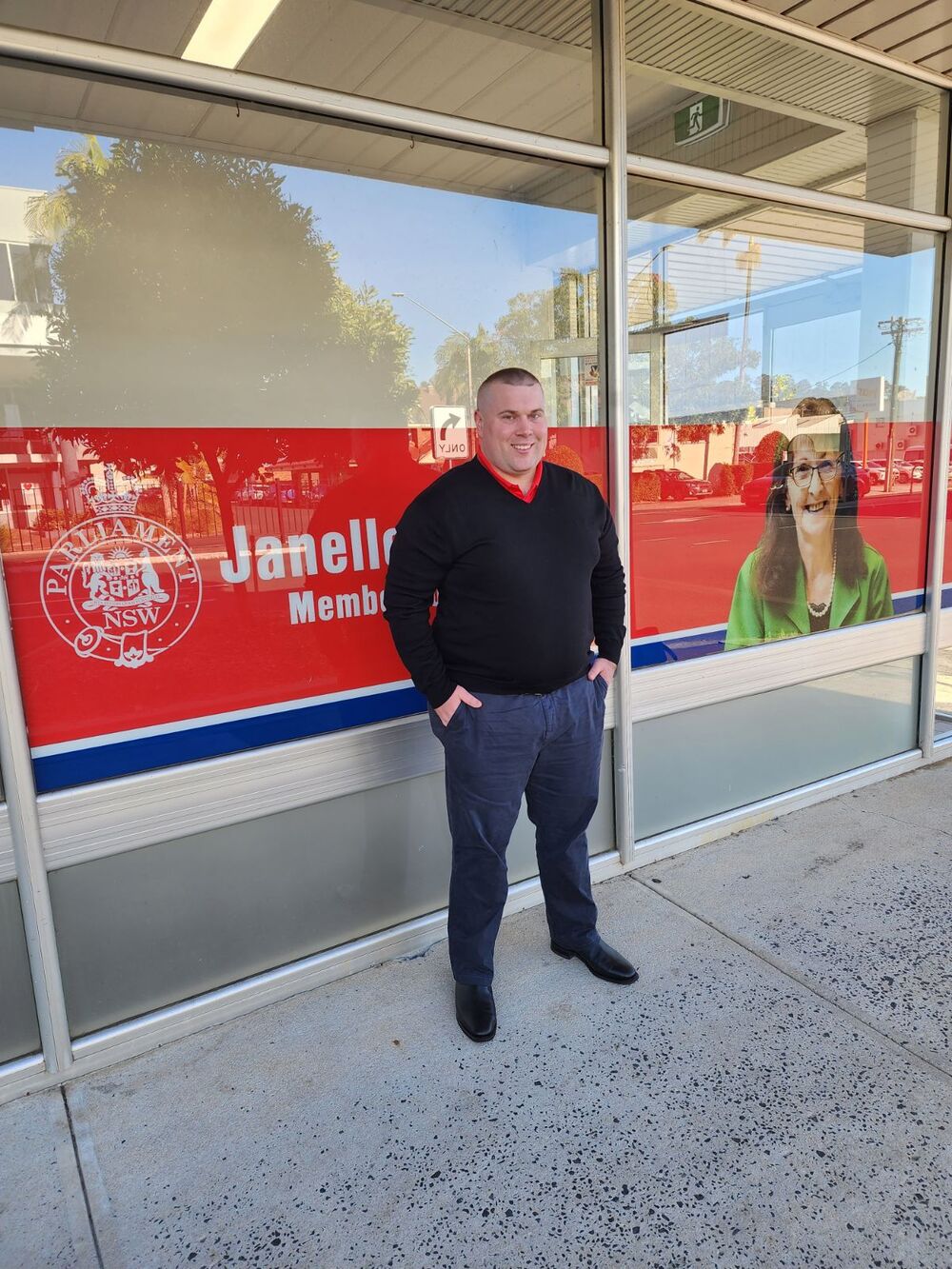NRAAs Micheal Lynch talks about the National Autism Strategy
Simon Mumford
16 January 2025, 8:02 PM

The National Autism Strategy was released this week by the Honourable Amanda Rishworth MP.
The Strategy’s commitments are built on three pillars:
- Social inclusion
- Economic inclusion
- Diagnosis, services and supports
Ms Rishworth said in the document, "These three pillars reflect our commitment to contribute to a society where all Autistic people in Australia are included in all aspects of life, with equitable access to opportunities, and appropriate and neurodiversity-affirming supports that recognise their needs, strengths and aspirations.
"A fourth pillar, incorporating commitments and actions to improve the health and mental health of Autistic people, will be covered by the National Roadmap to Improve the Health and Mental Health of Autistic People – being led by the Minister for Health and Aged Care.
"This Strategy emphasises the important role that each and every one of us has to play to bring about positive and lasting change, through contributing to inclusive workplaces and societies, building robust services and supports and increasing our understanding and appreciation of autism and Autistic people."
The Lismore App sat down with the Founder and Chair of the Northern Rivers Autism Association (NRAA), Micheal Lynch, to discuss the strategy and its impacts on a regional centre such as Lismore.

(Micheal Lynch outside of Member for Lismore Janelle Saffin's office)
Micheal expressed cautious optimism; however, he was concerned about the strategy’s effectiveness, particularly in regional areas.
Micheal, sees the strategy as a step toward positive change for autistic individuals in Australia. He highlights the Senate inquiry’s findings, which underscored the significant challenges faced by autistic people, particularly in education, employment, and health care. He is hopeful that, in his lifetime, the strategy will lead to positive changes, and that he will be able to say he is happy and content with the outcomes.
“I'm proud, as an autistic person, to finally see that in my lifetime there's going to be some changes, and I'm hoping by the end of it, I'll be able to say, great. I'm happy. I'm content. There are things to prepare, but everything needs to be scrutinised and reviewed. So, thankfully, the government is open, on both sides, to always listen to the autistic voice on critique.
"There will always be an autistic review, as they call it. The Senate inquiry reported there was resounding evidence that autistic people in Australia are significantly impacted, such as in education areas, unemployment, and also in health and general mental health. And, seeing the government starting to action new strategies to help people with autism to transition them for their life is a positive sign,” Micheal added.
“There are some things which are promising; however, the areas of concern are there won't be enough regional focus in terms of better education, support and better access to meaningful employment. The big challenge for any strategy organisation is how to change the minds and hearts of non-autistic people in regional areas, because we do take a little bit longer to catch up with the bigger cities when it comes to change and difference.”
Micheal explained the missed opportunity in education and questioned the $19.9 million that will be spent on communication to potential employers.
EDUCATION
Micheal would love to see continuity of support throughout an autistic person's school life. His own experience involved a very positive primary school environment before an awful high school experience and a mixed university outcome (two bad/one good). The lack of understanding about the support needed for an autistic child's educational needs must change to achieve the strategy's goal.
GOAL
The goal of the Strategy is to improve the quality of life for all Autistic people in a way that is meaningful to them.
COMMUNICATION
Micheal would like the NRAA to be granted part of the $19.9 million set aside for communication for a grassroots campaign direct to employers to change understanding and stereotypes rather than a mainstream advertising campaign.
To hear all of Micheal Lynch's thoughts on the National Autistic Strategy, listen to the Talking Lismore podcast.
PROFESSIONAL
